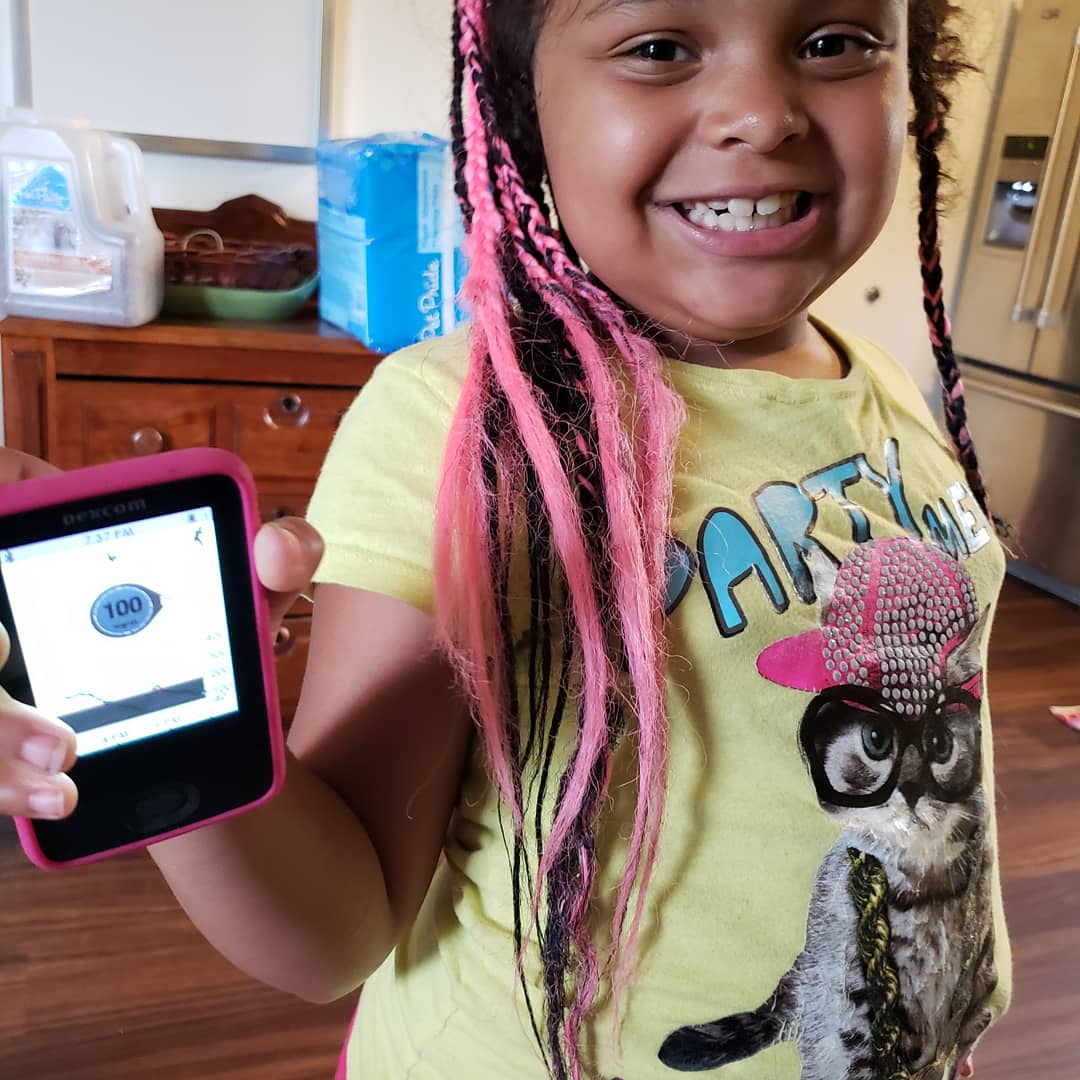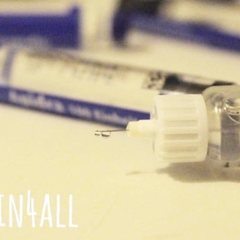
Dexcom G6: Available to who?
17 Feb 2021, 10:50 a.m. in #insulin4all USA, Global Stories by Tracy Ramey
Celebrity. Celebrity in a filter. Technology. Sleek. Celebrity showcasing a device that many people with diabetes can’t afford and telling said people with diabetes that they should get with the times. That’s it. That’s the entire commercial for Dexcom G6, a continuous glucose monitor (CGM), that aired during Super Bowl LV Sunday. To the world outside of the diabetes community, it presents an easy solution to the problem of diabetes management, a quick aside they can tell that person with diabetes they know in the office on Monday.
“Hey I saw Nick Jonas in that commercial. He said you don’t have to prick your finger anymore! Ya know, he doesn’t even look like he has diabetes.”
 As a mother of a child that has type 1 diabetes, managing this condition is always on my mind. I am my child’s “pancreas momager,” if you will. For the past three years I have endured well meaning people giving advice, offering empty platitudes, and not understanding the tightrope we walk as a family attempting to raise a well rounded human that is growing physically and emotionally while course correcting a disease that is never the same day to day. I hear often how diabetes is manageable, an understanding that is as true as it is nuanced. Managing diabetes is not a one size fits all leather jacket.Said person with diabetes will assuredly be giving Diabetes Splainin' Danny an immense amount of side eye.
As a mother of a child that has type 1 diabetes, managing this condition is always on my mind. I am my child’s “pancreas momager,” if you will. For the past three years I have endured well meaning people giving advice, offering empty platitudes, and not understanding the tightrope we walk as a family attempting to raise a well rounded human that is growing physically and emotionally while course correcting a disease that is never the same day to day. I hear often how diabetes is manageable, an understanding that is as true as it is nuanced. Managing diabetes is not a one size fits all leather jacket.Said person with diabetes will assuredly be giving Diabetes Splainin' Danny an immense amount of side eye.
With this ad, Dexcom and Nick Jonas had an immense opportunity to truly advocate for all insulin dependent people on the world's stage. Instead of dispelling hurtful myths such as diabetes being caused by eating too much sugar, or insulin being “so cheap, it’s like water”, they created new ones like people with diabetes do not need to prick their fingers. The ad conveyed that there is an easy solution to diabetes management, which is a huge blow to everyone that has been fighting with insurance companies, pharmaceutical companies and device companies just to get basic insulin and other vital supplies covered, including glucose monitors.
Most people with diabetes know about Dexcom and the other major continuous CGM company, FreeStyle Libre by Abbott. Assuredly, if they don’t have one of these devices, in most cases it’s not for lack of understanding – it’s due to high cost. For many uninsured or underinsured insulin dependent people who are already struggling to afford their insulin, the Dexcom (with an initial out-of-pocket price tag for receiver, transmitter, and pack of 3 sensors that exceeds $1,000) is technology that remains out of reach. The ad boldly proclaimed “It looks like the future, but it’s available now.” Available to who? I know people that have had to plead with their insurer to keep their Dexcom if coverage changes occur. Many can’t get it covered in the first place, even though being able to have CGM technology is a gamechanger in the life of people living with diabetes. IT affords a level of control that is hard to think of giving up once you experience it.
But again, we must ask: who is this available to? This technology requires a prescription, and we know that Black and Brown communities are being offered access at much lower rates than their white peers. I am a Black woman with a family history of type 2 that puts me at greater risk of developing it. Interestingly, despite having several family members with type 2 diabetes, my child with type 1 is the first person that has CGM technology, and that was because I pushed for it.
You know what I’m getting at. The elephant in the room is medical racism and implicit bias. When cries for justice rang out for Ahmaud Arbery, George Floyd, and Breonna Taylor, many companies found themselves scrambling to make sure they appeared to sympathize with Black people and the systemic disregard for our lives. But here we are, almost a year into the pandemic, with a January 8th, 2021 headline from Endocrine.org that reads “Black people with type 1 diabetes, COVID-19 are four times more likely to be hospitalized for diabetic ketoacidosis.”
Companies that make a profit off of medical devices as life altering as Dexcom owe it to their consumers to look at the data and adjust to get their technology onto the bodies that need it most. Instead of addressing how they are going to provide a solution to inequities that black, Indigenous and people of color (BIPOC) face - especially Black patients - in comparison to their white peers, Dexcom paid $5million plus for a Super Bowl ad that ignores barriers to access completely. This is chump change when, according to Yahoo!Finance, they earned $1.93billion in 2020.
Dexcom offers a life saving product that I am fortunate enough to be able to use for my child because of my health insurance. I am acutely aware that many who look like us and need it the most don’t have access to CGMs like Dexcom’s G6. The Black and Brown people that are experiencing medical systemic racism deserve better. All insulin dependent people deserve better than a 30 second ad that wags it’s finger at all of us silly Billy gumdrops that are still pricking our fingers. Don’t spit on me and tell me it’s raining.






